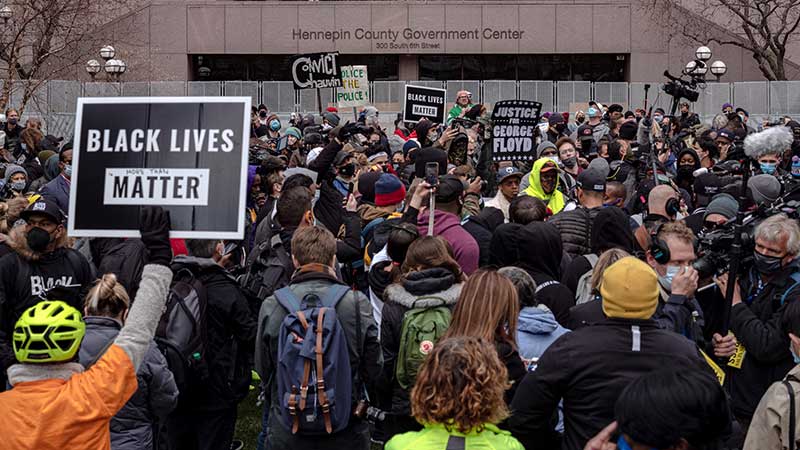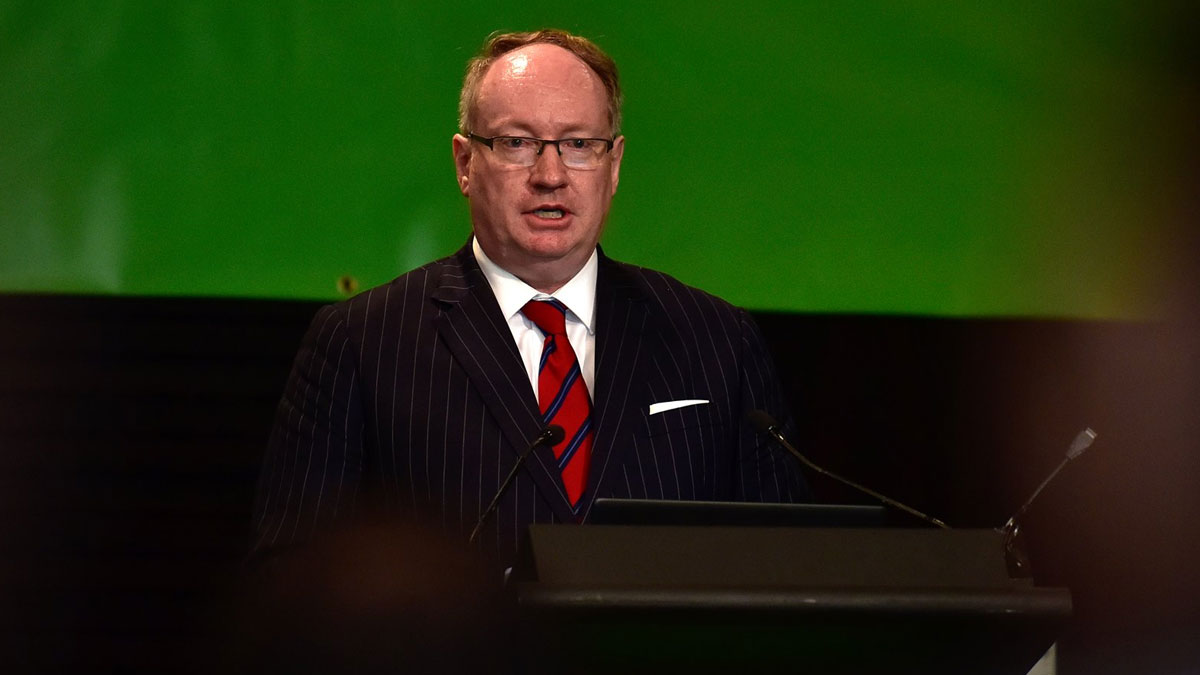
Derek Chauvin was found guilty of two counts of murder on Tuesday in the death of George Floyd, whose final breaths last May under the knee of Chauvin, a former Minneapolis police officer, were captured on video, setting off months of protests against the police abuse of Black people.
After deliberating for about 10 hours over two days following an emotional trial that lasted three weeks, the jury found Chauvin, who is white, guilty of second-degree murder, third-degree murder and second-degree manslaughter for the killing of Floyd, a Black man, on a street corner last year on Memorial Day.
Chauvin faces up to 40 years in prison when he is sentenced in the coming weeks but is likely to receive far less time.
The verdict was read in court and broadcast live to the nation on television, as the streets around the heavily fortified courthouse in downtown Minneapolis, ringed by razor wire and guarded by National Guard soldiers, filled with people awaiting the verdict.
For a country whose legal system rarely holds police officers to account for killing on the job, especially when the victims are Black people, the case was a milestone and its outcome a sign, perhaps, that the death of Floyd has moved the country toward more accountability for police abuses and more equality under the law.
The city has been on edge for weeks as the trial progressed and the city awaited the verdict, with many worrying that a not-guilty ruling would bring renewed social unrest and chaos to a city that saw buildings set ablaze and widespread looting last year following the death of Floyd.
President Joe Biden and Vice President Kamala Harris watched at the White House on Tuesday as the verdict was read in the trial of Derek Chauvin, who was convicted on two charges of murder and one charge of manslaughter. Biden and Harris will give remarks later in the evening.
The guilty verdict came hours after Biden took the unusual step of weighing in on the trial’s outcome before the jury had come back with a decision. He told reporters earlier Tuesday that he had been “praying” for the “right verdict” in the trial but pointed out that he had only decided to comment because the jury had already been sequestered.
By: Tim Arango, Shaila Dewan, John Eligon and Nicholas Bogel-Burroughs
c.2021 The New York Times Company
Stay tuned for the latest news on our radio stations


